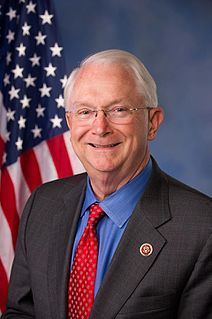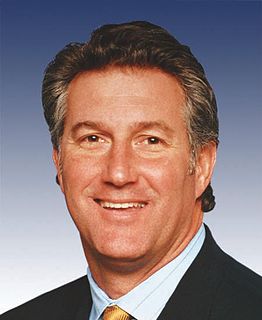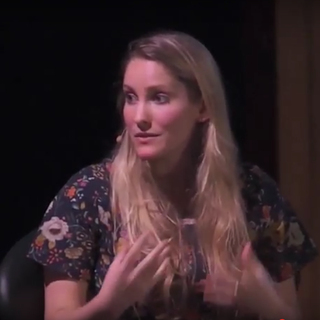A Quote by William Barr
American Indian and Alaska Native people suffer from unacceptable and disproportionately high levels of violence, which can have lasting impacts on families and communities.
Related Quotes
You see the one thing I've always maintained is that I'm an American Indian. I'm not a Native American. I'm not politically correct. Everyone who's born in the Western Hemisphere is a Native American. We are all Native Americans. And if you notice, I put American before my ethnicity. I'm not a hyphenated African-American or Irish-American or Jewish-American or Mexican-American.
I think what Donald [Trump] is saying is that it's unacceptable to him that members of the African-American community - and I'm sure he will say this about other communities as well - who live in violence, who are subject of that, or who do not have the educational opportunities that every child in this country should have so they can reach their fullest potential, that that's unacceptable.
The message [of Donald Trump] is that that type of thing happening. Let's focus on what happened.What happened was the murder, the murder of this person pushing a stroller, it's unacceptable in an American city to continue to have this level of violence and the level of violence in Chicago is unacceptable.


































